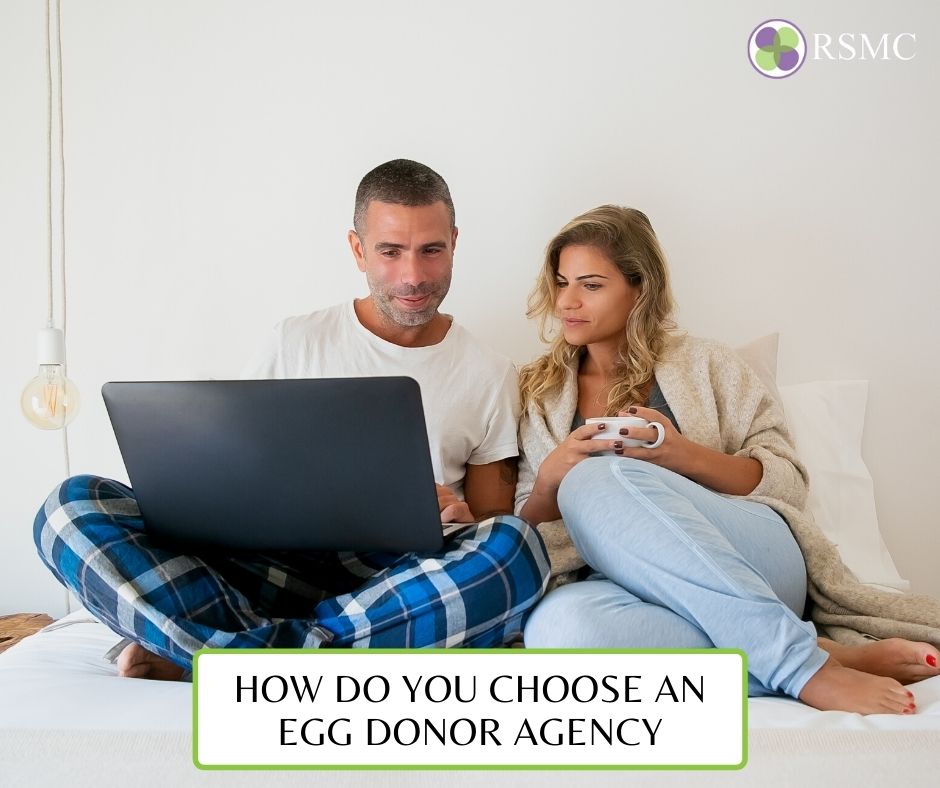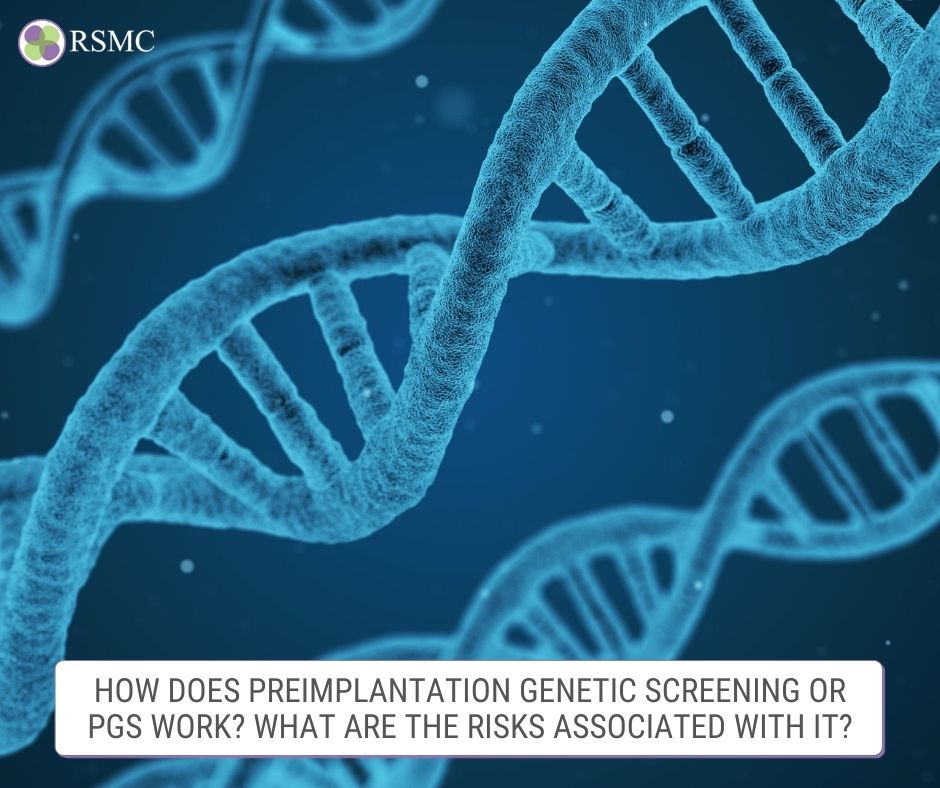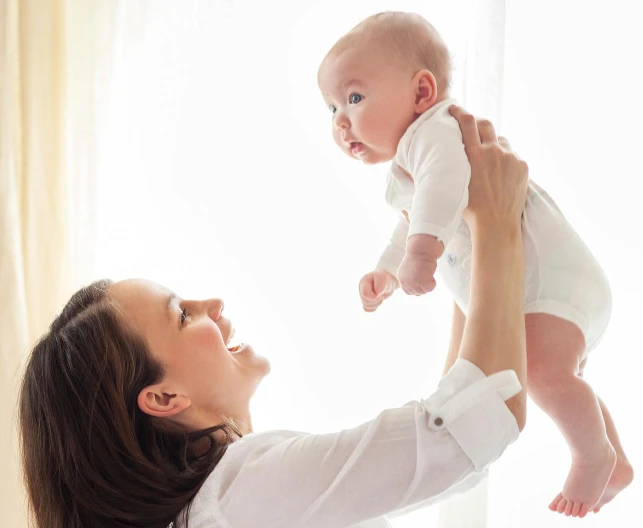Having a Healthy Baby Through Egg Donation
 Pregnancies using donor eggs are like other pregnancies, except the egg being used comes from another woman. If you are unable to produce a viable egg but can carry a pregnancy to term, this is an incredible option. You’ve probably been dreaming about having a baby for a long time, dreaming about all the things that could be. You know in your heart that no one will take better care of your baby, from the moment of conception, than you will.
Pregnancies using donor eggs are like other pregnancies, except the egg being used comes from another woman. If you are unable to produce a viable egg but can carry a pregnancy to term, this is an incredible option. You’ve probably been dreaming about having a baby for a long time, dreaming about all the things that could be. You know in your heart that no one will take better care of your baby, from the moment of conception, than you will.
If you are looking for information to get started on the journey, you have come to the right place. Start taking notes, because between now and the time you start the actual process, you are going to learn a lot about having a healthy baby through egg donation!
What is egg donation?
Egg donation is when one woman produces 10-18 eggs at once so they can be removed from her body. These eggs are then used by another woman, who can’t produce viable eggs, to create an embryo she (or her surrogate) can carry to term.
To become an egg donor, the women need to:
- Be between 19-29 years of age.
- Have regular monthly periods.
- Have no reproductive disorders or abnormalities.
- Be physically and emotionally healthy and willing to undergo medical and psychological evaluation.
- Have a BMI under 28.
- Not be a smoker or drug user.
- Not currently on Depo-Provera.
- Be willing to take injectable medication.
- Be able to follow the doctor’s instructions exactly, especially when it comes to timing medications.
How much do egg donors get paid?
- The cost of egg donation is basically the same in most places, between $5,000 and $12,000. Average compensation for egg donation in California is between $7,000 and $25,000.
- Women who have successfully donated previously, and women who are of Asian or Caucasian descent, are in high demand so they can be paid more per donation.
- Women who have academic degrees, or excel in sports are in high demand so they may also get paid more for their donation.
- Most agencies limit women to four donation cycles per year, if their eggs are in high demand this could mean up to $100,000 a year.
- Some women donate eggs to egg banks because they can time it to fit their schedules. These eggs are frozen immediately, and these donors are usually paid a little less than women going through the “fresh” donation process.
What happens to the eggs after they are donated?
- In a fresh egg donation cycle, the intended parents who are sponsoring the cycle own all the eggs it produces. These eggs are used immediately, after they are retrieved and tested for viability, by the intended parents for IVF. The IVF recipient is either the intended mother or a surrogate that the intended parents have arranged. Any embryos left over from the donation cycle are frozen for later use.
- If the egg donation cycle is scheduled for an egg bank, the viable eggs are frozen using the vitrification process immediately after they are retrieved. The eggs will be thawed when the intended parents who purchase them are ready for their IVF cycle.
Do egg donors have any rights to the eggs they are donating?
No, they sign waivers before the process is ever started and the entire process ensures anonymity. The egg donor costs are often used to help them get through school or start a career. These women want to help other women experience the joys of parenthood, although they aren’t currently intending on becoming a parent themselves.
Who carries the embryo?
- Generally, the intended mother is implanted with an embryo made from the donor egg and her partner’s sperm. From the moment the embryo is implanted into her uterus, this becomes a typical IVF pregnancy. The baby is nurtured by its mother, the woman who loves it and will raise it. Since the intended mother gives birth to the child there is no transfer of custody after the birth, the baby is considered completely her child from birth.
- Sometimes a surrogate carries an embryo made from the donor egg and male partner’s sperm. This generally happens when the intended mother can’t carry the baby herself, the intended parent is a single father, or the intended parents are two gay men.
It’s your baby!
The egg may be from an anonymous donor, but the baby is all the intended parents. Thanks to donor eggs, more people than ever can have children of their own. This includes gay male couples, single men, women past their reproductive prime or menopause and women who have problems with their ovaries. From the point where the embryo is transferred, you have a normal pregnancy that is totally under your control. When you are in control of all aspects of the pregnancy, you are likely to have a healthy baby.

























